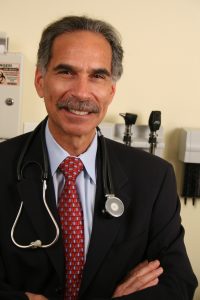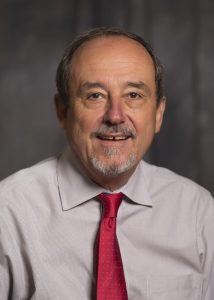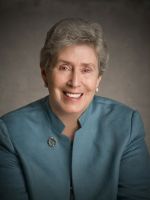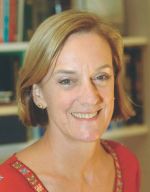In case you missed yesterday’s Webcast Audio Seminar (WAS) Session, here are the highlights of this session:
Continuity, LICs and Competency-based Education
Presenter: Molly Cooke, MD, MACP
February 1, 12 PM ET
Today’s Goals
- What actually happens in a Longitudinal Integrated Clerkships (LICs)
- Outcomes of Longitudinal Integrated Clerkships (LICs)
- How Longitudinal Integrated Clerkships (LICs) support competency-based medical education
What actually happens in a LICs?
LICs move away from the Block Clerkships.
- For example: one week in a LIC at UCSF may have the students spend ½ day in each of family medicine, internal medicine, surgery clinic, pediatrics, neurology and surgery OR.
- The week also includes “white space” which allows the student to study on their own, follow up with a patient or to prepare for case presentations, etc.
LIC can be somewhat overwhelming for the student. Over time during the year, their preceptor burden decreases as their confidence increases.
Learning Map for the student with the same patient over the course of the year. Over the year the student gains a great understanding of who this patient truly is. Starts to see the person with a diagnosis and not in an isolated way!
First few encounters
- Gathering and documenting clinical information
Early focus
- Increasing emphasis on diagnostic skills
Mid-year focus
- Increasing emphasis on management skills
End of the year
- Highlight system of case and quality issues
Keep feature of LICs is Continuity.
Five steps:
- With curriculum (which is the patient)
- With peers
- With site and staff
- With preceptor
- With patients
Overview of the Outcomes of LICs
- Improve learning outcomes and psychological outcomes of the students
- More mentoring
- Better learning atmosphere
- Better quality of feedback
- Better quality of clerkship overall
- Don’t show the “binge and purge” format normally seen in the Block Format
- Show better retention of specialty knowledge over the course of the year.
- Tend to “de-silo” specialty knowledge
- Improve the patient’s experience
- The patient feels better quality of care
- The patient feels comfortable with the medical student and is a liaison between the patient and the doctor.
- The patient feels the student is learning and growing with them.
- Improve the preceptor’s experience
- Get to know their students better
- Know the student well enough to tailor their teaching and provide more individualize mentoring.
How Longitudinal Integrated Clerkships (LICs) support competency-based medical education
- LICs support competency-based education
Van Melle’s Core Components of Competency-Based Medical Education
- Competencies required for practice are clearly articulated.
- Competencies are arranged progressively.
- Learning experiences facilitate the progressive development of competencies.
- Teaching practices promote the progressive development of competencies.
- Assessment practices support and document the progressive development of competencies.
Curiosity-drive learning
- Clinical medicine, including the presentation, differential diagnosis and management of the conditions seen in practice.
- The basic science foundations of clinical findings, disease pathogenesis, evidence-based medicine and treatments.
- Emotional and psychosocial issues (ours and the patients’).
- The clinical microsystem, community resources and barriers and the larger US health system.
For more information on the next session or to register, please click here.
 Robert Kushner: Teaching Nutrition in the Context of Lifestyle Medicine [Northwestern University Feinberg School of Medicine]
Robert Kushner: Teaching Nutrition in the Context of Lifestyle Medicine [Northwestern University Feinberg School of Medicine]
 I am honored to serve as the next President of IAMSE, my medical educational family! I would like to personally thank Veronica Michaelsen for her leadership as president for the past two years and recognize three mentors in IAMSE who have provided me with their wisdom, support and encouragement: Adi Haramati, Giulia Bonaminio, and Amy Wilson-Delfosse. Thank You.
I am honored to serve as the next President of IAMSE, my medical educational family! I would like to personally thank Veronica Michaelsen for her leadership as president for the past two years and recognize three mentors in IAMSE who have provided me with their wisdom, support and encouragement: Adi Haramati, Giulia Bonaminio, and Amy Wilson-Delfosse. Thank You. Competency based education across the UME-GME continuum: the EPAC program
Competency based education across the UME-GME continuum: the EPAC program Continuity, LICs and Competency-based Education – 2018
Continuity, LICs and Competency-based Education – 2018